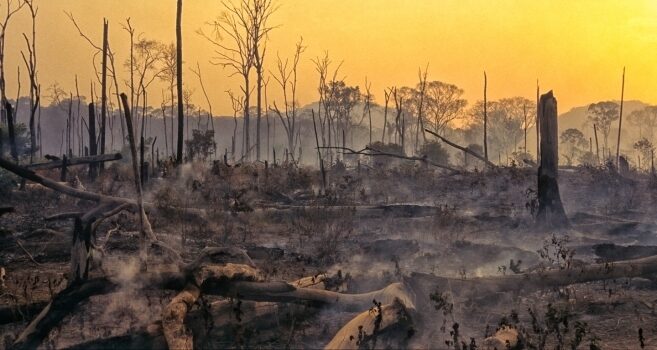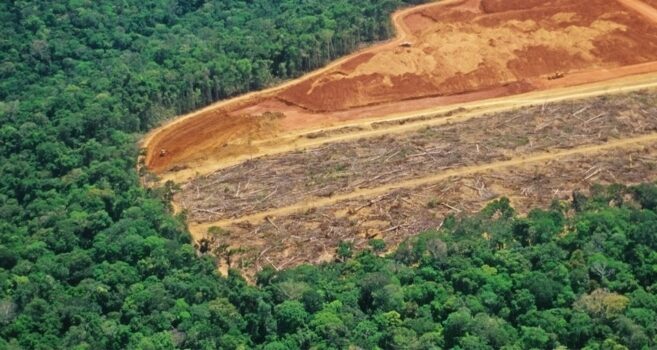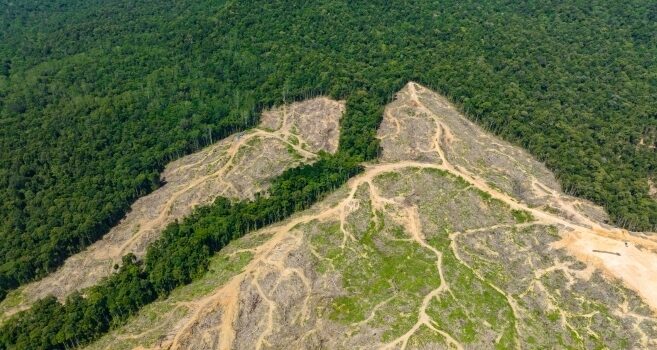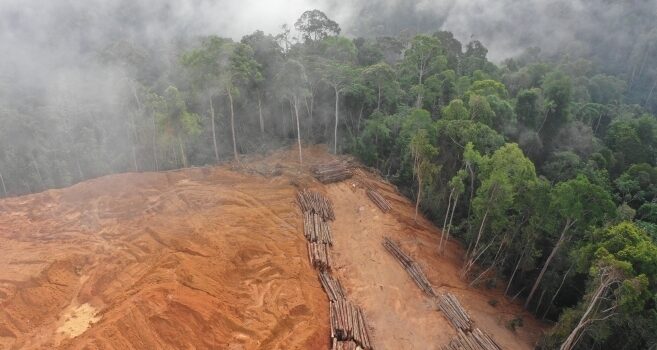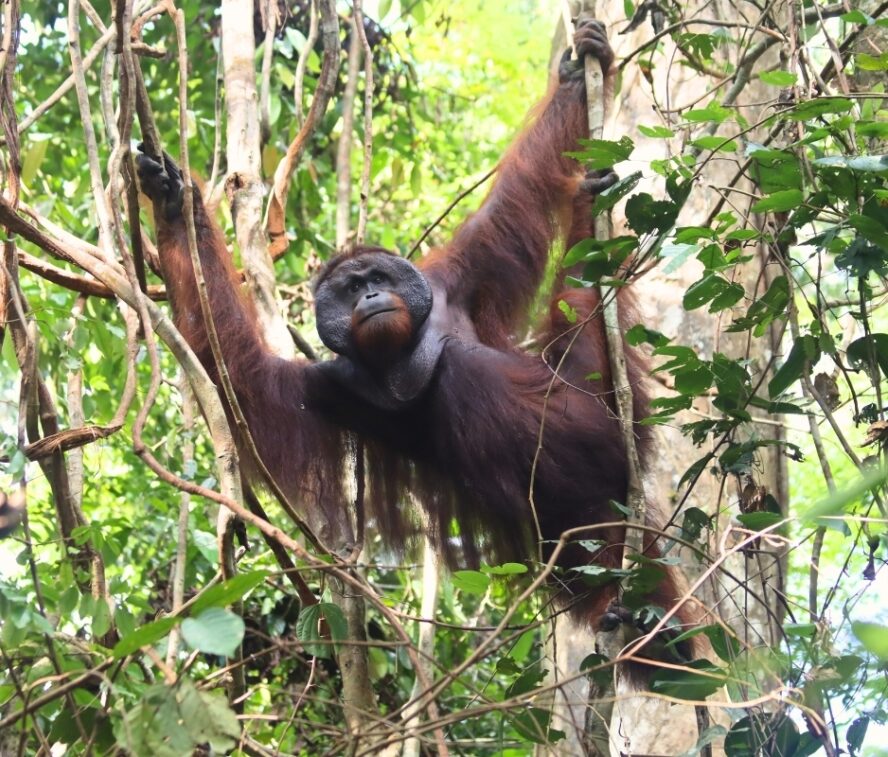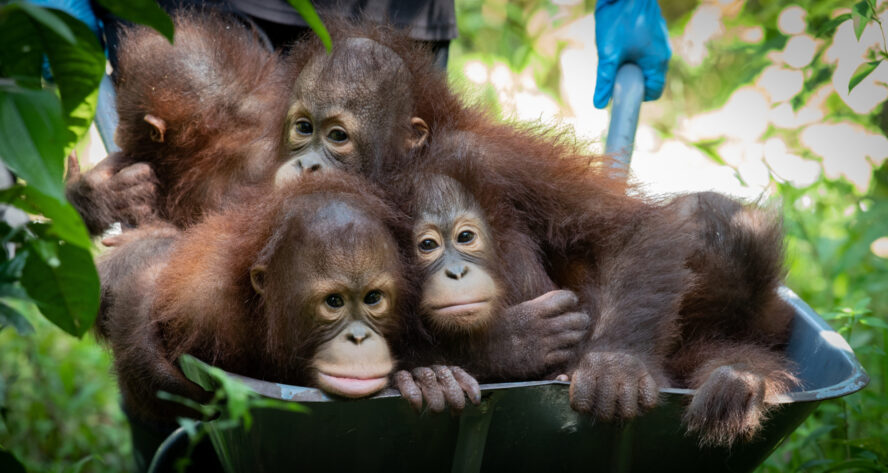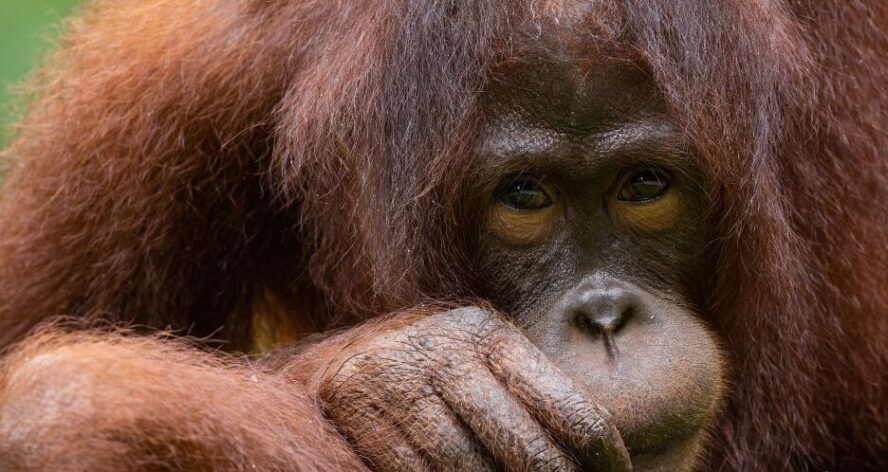

Resources
Why orangutans need our help
Bornean orangutans are critically endangered, facing multiple threats in the wild.
Your help is crucial to prevent their extinction.
Bornean orangutans are critically endangered, facing multiple threats in the wild. Sharing almost 97% of human DNA, the orangutan is one of our closest, living relatives.
Female orangutans typically give birth to a single offspring every 6-9 years. This relatively slow reproduction rate makes it challenging for populations to recover from decline.
Efforts to help orangutans include habitat protection and restoration, anti-poaching initiatives, public awareness campaigns, and sustainable palm oil certification programmes. By supporting these efforts, we can help ensure the survival of these critically endangered great apes.
The preservation of orangutans is essential not only for their survival but also for the well-being and future of humanity. By protecting orangutans and their habitats we can contribute to the conservation of biodiversity, mitigate climate change, and support the ecological and cultural richness of the regions where they live.
Threats
Classified by the IUCN Red List as critically endangered, orangutans are one step away from extinction in the wild and these are the reasons why:
Habitat loss
Orangutans live in the rainforests of Borneo and Sumatra. Since the 1970s it is estimated that Borneo has lost approximately 60% of its rainforest. This loss is primarily due to agricultural expansion, logging and other human activities.
Illegal hunting
Orangutans are killed for various reasons, including for their meat or as a result of conflicts with humans. If hunting of orangutans does not stop, populations will decline, irrespective of what happens to their habitat. 2013 surveys conducted in Kalimantan revealed that several thousand individuals are killed every year for meat consumption.
Fires
Forest fires have devastating ecological consequences. They destroy vast areas of forest, leading to habitat loss and fragmentation. The fires directly threaten the survival of numerous plant and animal species, including orangutans, causing displacement, injury, or death.
Habitat fragmentation
Forest fragmentation has significant implications for orangutans where large areas of forest are divided into smaller patches as a result of human activity, such as development, or agriculture. This limits the available habitat for orangutans and reduces their ability to move in the search of food or a mate.
Lack of awareness
Education is key in raising awareness of the challenges faced by Bornean orangutans. By understanding their plight we can better protect them, their rainforest home and the global environment.
Climate change
Climate change is affecting all rainforests. In Borneo specifically, the dry seasons are getting longer resulting in more forest fires. It is also having a negative affect on fruit availability and research suggests that it could also alter the prevalence and distribution of diseases that affect orangutans.
Explore more articles
![Malim]()
Resources
Orangutans and the rainforest
Every orangutan is a precious guardian of the rainforest. By protecting them, we ensure future generations inherit a thriving home.
![Home page wheelbarrow]()
Resources
Five ways you can help orangutans
By making small changes you can have a big impact on orangutan conservation!
![Photo of female orangutan]()
Resources
Orangutan facts
Orangutans are one of our closest relatives in the animal kingdom sharing almost 97% DNA!
